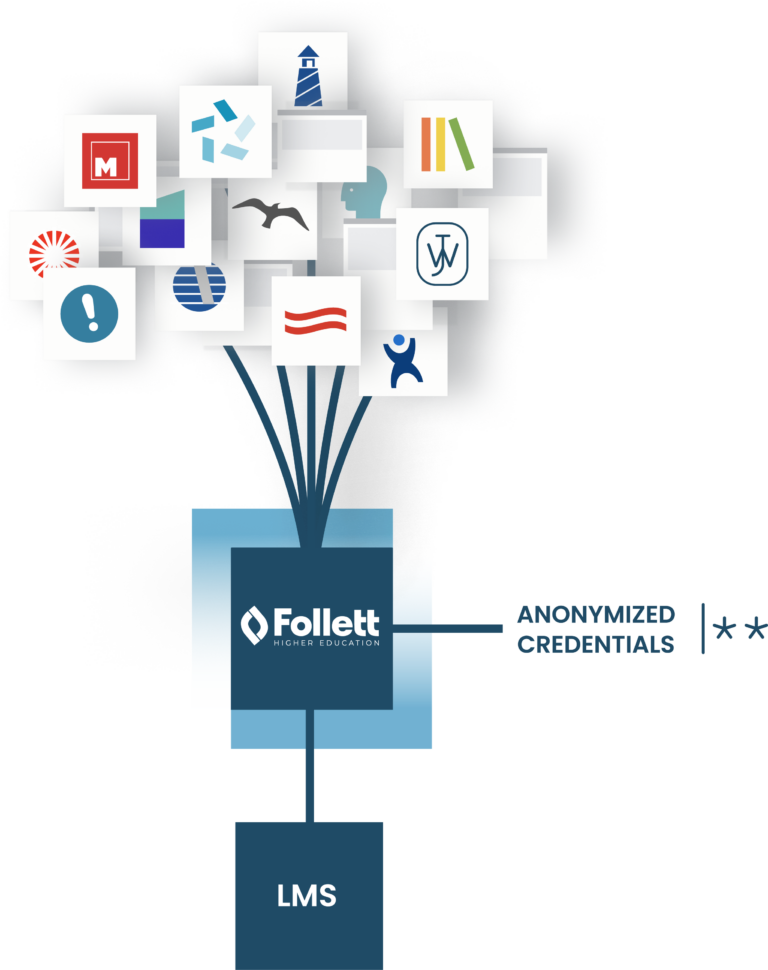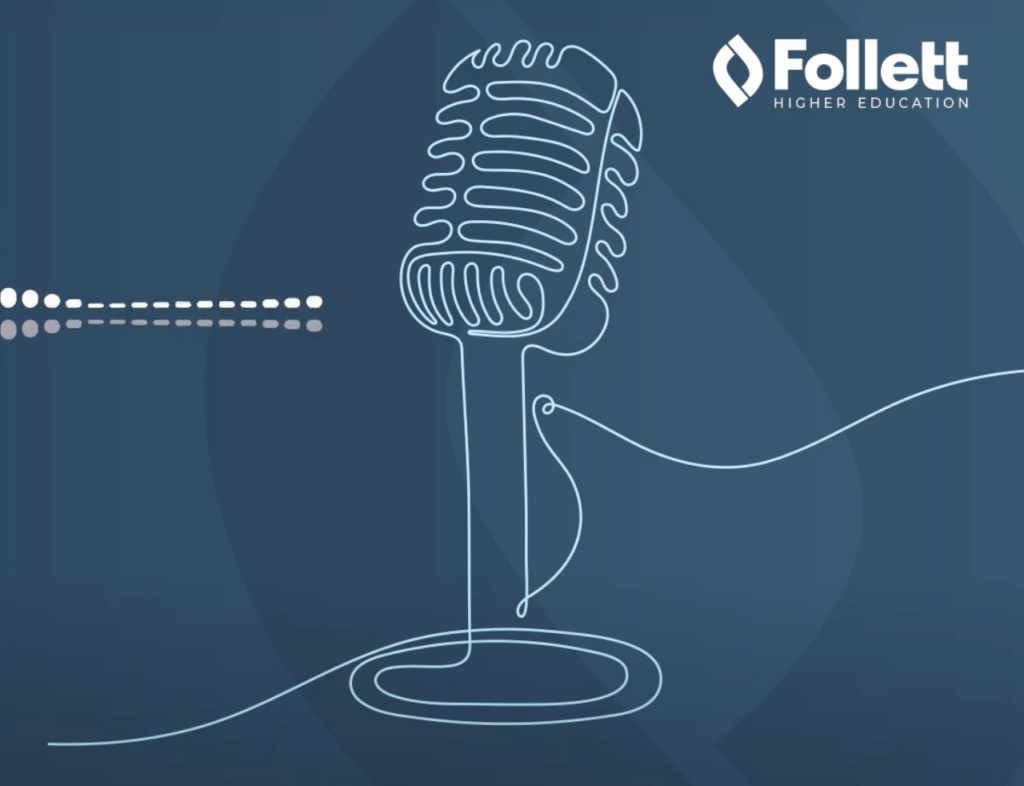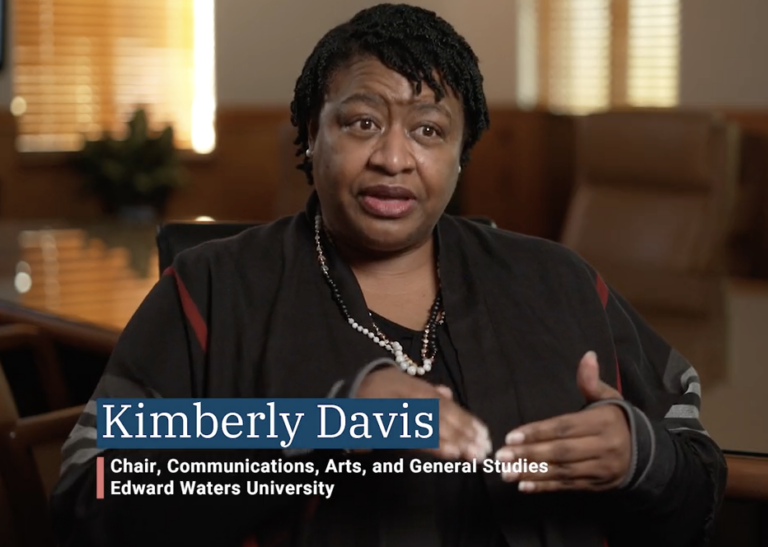
Affordable Access
What are Access programs?
Access programs are offered campus-wide or on a course-by-course basis. Here’s how they work: All required course materials are provided to students on or before the first day of class. In most cases, materials are provided digitally inside the campus learning management system (LMS), offering students maximum convenience.
In addition to convenience, these programs improve course material affordability. Students pay for the course materials via a course fee applied after the add/drop period, and opting out of the program is easy. The core mission of both programs is to ensure all students have the necessary resources to succeed in higher education from day one.

Research shows that Access programs improve student outcomes and result in millions of combined savings, compared to the cost of new textbooks.
With Access, your school delivers a collegiate experience that’s equitable, affordable, and convenient. We’ve helped hundreds of schools of all sizes prepare their students for success—at the course level and campus-wide—while meeting critical strategic goals aligned to diversity, equity, and inclusion; digital innovation; retention; and more.

What sets our Access programs apart? Our industry-leading LMS integrations. Like a streaming device for digital learning content, our best-in-class technology consolidates all your LMS learning tool integrations into just one.
Follett’s LMS integration gives you the power to do what no other platform can: allow students to access all their learning materials with a single click.
With Follett, your students get seamless access (no access codes ever!) with best-in-class data privacy protections and security, ensuring that private student data never leaves campus.

Campus-Wide Access

Course-by-Course Access

Access Programs: The Faculty Perspective
Frequently asked questions
Learn more about Follett’s Access Programs



